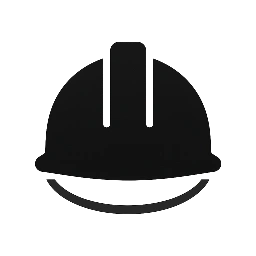Expert Craftsmanship for Residential and Commercial Projects
Farshidsp.com delivers exceptional construction solutions tailored to your residential, office, and commercial needs, combining quality, reliability, and timely project completion to exceed expectations.




Crafting Exceptional Spaces with Expertise
Farshidsp.com is dedicated to delivering superior construction services by combining quality craftsmanship with reliable project management, ensuring every client’s vision becomes a reality on time and within budget.


Dependable Project Oversight for Construction Excellence
Explore the key regions where we bring expert construction services.

Downtown Hub
Offering full-scale construction services customized to your projects.

Uptown Office
Focused on delivering expert advice and reliable construction support.

Suburban Branch
Explore tailored building and renovation services available locally.

Commercial District
Providing top-quality construction and renovation solutions here.
Personalized Construction Consultations
Explore key project highlights, showcasing our craftsmanship quality, on-time delivery, and client satisfaction across residential, office, and commercial builds.
188
Project Completions
320
Client Testimonials
450
Timely Deliveries
On Schedule, Every Time
Explore our signature projects that demonstrate craftsmanship, innovation, and dependable results.

Modern Residential Design
Urban Home Renovation

Commercial Space Transformation
Downtown Office Upgrade

Custom Office Construction
Corporate Headquarters Build

Retail Outlet Revamp
Mall Store Redesign

Eco-Friendly Housing Project
Green Living Development

Warehouse Expansion
Industrial Facility Upgrade

188 Hood Avenue, Suite 204
372 Pine Street, Building 5
+1-555-732-1948
contact@farshidsp.com
